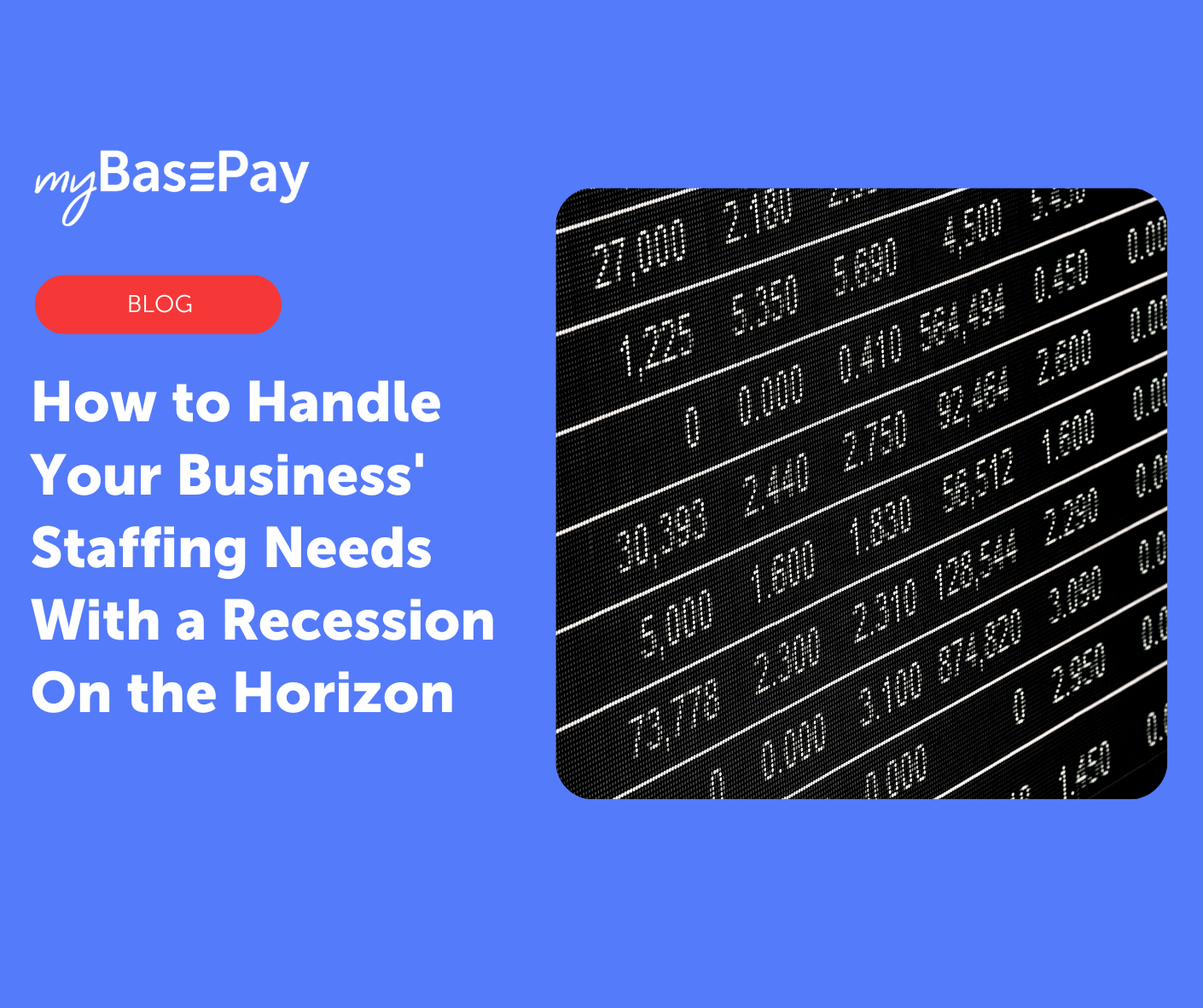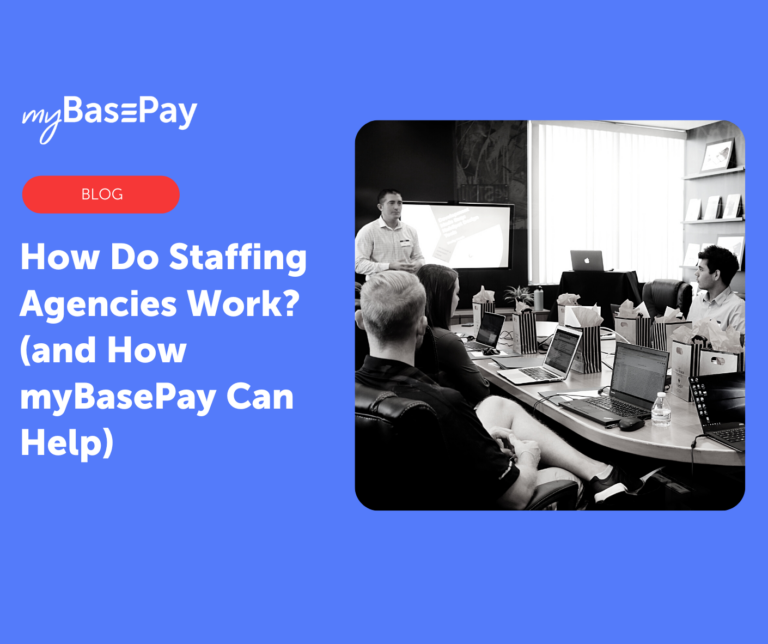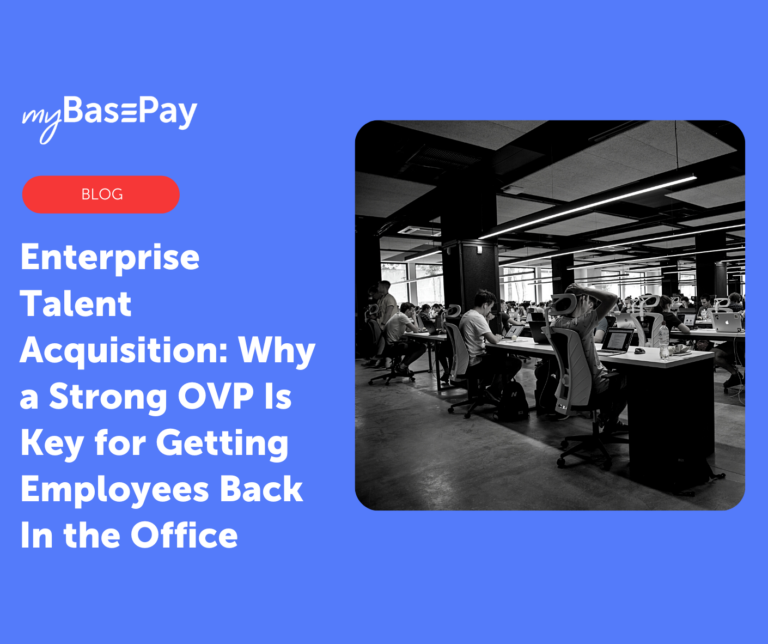How to Handle Your Business’ Staffing Needs With a Recession On the Horizon
In light of the global COVID-19 pandemic and the accompanying economic crises, many experts predict a recession is on the horizon. With ongoing supply chain issues and new coronavirus variants emerging, the future of our economy is becoming increasingly unpredictable — making it difficult for companies to plan ahead.
Much like the changing seasons, recessions are imminent in the business cycle. Just as the weather undergoes extreme changes with each seasonal transition, managing a business amidst a recession presents a host of new challenges for business owners and team members to navigate.
Today, there have been more than 40 recorded recessions in the United States, and with each recession came new obstacles. So, while it’s impossible to predict when the next recession will occur, companies can take the word of analysts and economists and begin assessing the health of their organizations now.
As recession fears loom, business owners must consider what that means for their staffing and recruitment responsibilities, as well as how they can better prepare their workforce for the impending economic retraction.
A Look Back: How the Last Recession Affected Staffing
To understand what to look for in the coming recession, we must first take a look back at the last recession, and how it impacted the staffing industry. Despite being nearly 14 years ago, the 2008 Great Recession is still fresh in the minds of many business owners.
The country witnessed a cumulative 5.1% decline in GDP, loss of 8.7 million jobs, screeching halts on hiring, and millions of disheartened workers and job seekers. After the 18 months of the Great Recession, it took nearly five years to recover all the lost jobs during that period.
So, how did this impact recruitment?
In 2009, the U.S. staffing revenue dropped by 28%, and more than 30% of staffing employees lost their jobs. But despite the onslaught of challenges faced, the staffing industry as a whole bounced back fairly quickly compared to others. Through 2011 and 2012, many workers regained their jobs, and the industry returned to pre-recession highs.
Since then, the staffing industry has boomed. Over the past few years, the labor market experienced a significant skill gap, which only made staffing services more high-demand. In 2019, the global staffing industry revenue was valued at $497 billion. And while the industry took a revenue hit of 11% due to the COVID-19 outbreak, it regained 12% in 2021.
The Expected Conditions of the Upcoming Recession
Even with all the expert knowledge out there, when and how recessions happen are difficult to predict. Since 2009, we’ve been experiencing the third-longest growth period in economic history. That being said, several economists foresee a recession within the next two years. Here are some of the conditions business owners can expect.
Of course, we must start with COVID-19. In 2020, the stock market took a steep dive, and investors started worrying that the pandemic-related disruptions will have lasting negative effects. Despite the development of vaccines and treatments, new variants continue to emerge — so it doesn’t look like the pandemic is going anywhere anytime soon.
Inflation and increasing interest rates have also raised concerns. In 2021, the nation saw slightly lower interest rates due to the Federal Reserve contributing $1 trillion to the economy. However, 2022 saw rising inflation, which means interest rates will likely spike — two big indicators of a coming recession.
Additionally, the current political state of the nation has raised uncertainty around economic policies and tax raises, which will discourage future risk-taking and capital spending that typically boosts the economy.
Unfortunately, these conditions often affect the staffing industry before others, and since history shows that the longer the period between recessions, the worse the next will likely be for the general public.
This trend has also led analysts to expect a double-dip recession, or a recession followed by a brief recovery, and then another recession. For the staffing industry, that means there could be a brief growth for recruitment, where independent or contract workers return to work, then quickly followed by job losses.
How to ‘Recession-Proof’ Your Business
On the bright side, the imminence of a recession allows companies to start recession-proofing their business plans today. In the case of staffing responsibilities, companies should focus on their strengths, ensure a diverse client mix, and work on strengthening their internal teams.
When it comes to focusing on strong points, be sure your company understands the readily available resources. For instance, open lines of credit, PPP loans, and grant resources, to name a few, will allow you to retain employees and aid in recession-proofing your business.
Next, look to diversify your list of customers. If you find yourself only staffing one sector, your company is more likely to take a bigger hit amidst a recession. To avoid this, make sure you have an assorted roaster of customers from various industries.
And the companies that you do choose, ensure they have a reliable reputation. Unstable customers are more vulnerable during the recession, and the last thing you want is to be brought down by a fragile client.
With an economic retraction, wages typically climb as labor becomes limited. That means businesses will take a step back from recruiting. So, to enhance your recession-proof plan, focus on refining your current staffing processes. By hiring top-talent candidates with a wide range of experience and qualifications, you can ensure multiple skill sets are covered — even during the hard times.
Planning for an Economic Retraction
As we’ve stated before, recessions are a tricky business — they’re nearly impossible to predict, and when they do happen, it’s hard to prepare for the unique challenges they present.
As more and more analysts voice their opinions about an impending economic downturn, the best thing for your business to do now is to maintain a sharp focus on your business plan. Instead of worrying about timing the market, continue to do what your company does best.
Adjusting products and services where necessary can certainly help, but many businesses forget that building an efficient team of workers and listening to your employees’ needs is just as important. By maintaining employee morale, motivation, and innovation, you can better arm your workforce to survive in any economic climate.
Author: Cesar Jimenez, myBasePay CEO
Cesar A. Jimenez is an entrepreneur, investor, and military veteran with over 25 years of staffing industry expertise successfully leading technology staffing organizations. His expertise in the IT industry allows him to use his experience as a thought leader for talent acquisition, staffing, IT, and recruitment technologies with a passion for contingent workforce solutions. Cesar has held various leadership roles for both a global staffing organization and technology solutions companies. This expertise has enabled him to develop alternative workforce models that provide the agility for organizations to be competitive in today’s marketplace. In his spare time, he enjoys spending time with hisfamily, working out, and coaching high school baseball players.






